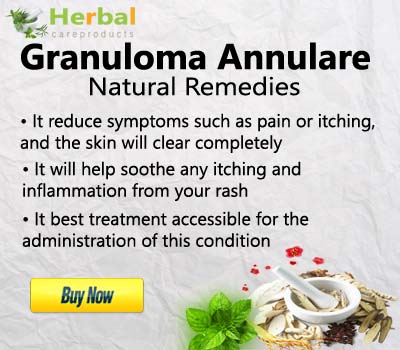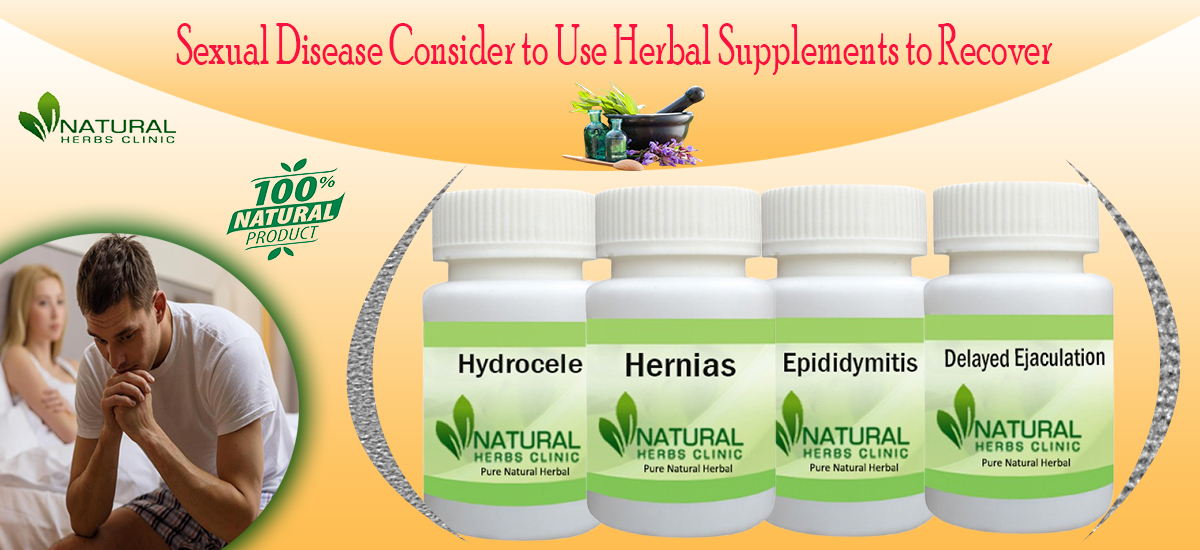All About Sensitive Teeth: Symptoms, Causes, and Treatments

Many people struggle with sharp pain in the teeth that worsens with certain triggers, specifically temperature changes.
This condition is called “sensitive teeth” or “dentin hypersensitivity.” It causes extreme discomfort to people who suffer from it, and it even impedes their quality of life, as it may force them to be tense while eating or drinking anything to prepare for the pain.
If you or someone you know have sensitive teeth, we gathered all you need to know about this condition, from symptoms and triggers to treatments, so let’s get into it.
Symptoms and Triggers
Sensitive teeth are, as the name suggests, sensitive. However, it is important to distinguish between dental hypersensitivity and pain that stems from other issues.
Symptoms of dental sensitivity are mostly linked with certain triggers, and they include:
- Temperature changes cause a toothache, especially when cold air comes in contact with the tooth.
- Eating or drinking something hot or cold causes discomfort.
- Pain while brushing or flossing.
- Unpleasant reaction to acidic and sweet foods.
Causes
It is normal for your teeth to sense the temperature of the food and drinks. However, hypersensitive teeth are caused by worn-down tooth enamel, exposing the tooth’s inner layers and increasing the intensity of the feeling.
The reasons for this exposure vary; your sensitive teeth may be caused by the following:
- Aggressive Brushing
If you go too hard when brushing your teeth, you are probably taking more than just the plaque off of your teeth. The aggressive brushing causes unnecessary friction that wears down your enamel.
- Hard Toothbrush Bristles
Similarly to the previous reason, hard toothbrush bristles may cause damage even if you aren’t brushing aggressively.
- Teeth Grinding (Bruxism)
If you keep clenching your jaw while awake or asleep, your teeth will suffer the consequences.
Teeth grinding has many negative effects on the tooth structure; it may cause chipping, fractures, or breaks. The constant pressure and friction also cause worn-out enamel, and in extreme cases, it may cause your teeth to loosen and eventually fall out, which is a problem that can be resolved at a dental implant clinic in Dubai.
- An Acid-Rich Diet
Acidic foods and beverages are good for you when consumed in healthy amounts.
However, if you regularly consume significant amounts of acidic foods and drinks like lemon and vinegar, the acid will slowly melt away your dental enamel, causing your teeth to become sensitive.
- Acid Reflux
Some medical conditions like Gastroesophageal reflux (GERD) may cause sensitive teeth. In this condition, acid from the stomach and esophagus returns upwards, which may cause harm to the surface of your tooth.
- Receding Gums
Gum recession exposes parts of your tooth, leaving them unprotected, which may lead to tooth sensitivity.
Treatment
Although sensitive teeth are a common issue and many off-the-counter remedies are available, it is important to discuss your condition with a dentist to prescribe the best solution for your case.
Dental sensitivity treatments include:
- Desensitizing Toothpaste
It helps block the pain over time by protecting the nerve endings from unwanted stimuli. There are many options available at drug stores; you can ask your dentist which is the most suitable for you.
- Fluoride
Fluoride strengthens the enamel and reduces pain. Your dentist may suggest applying it topically to the sensitive areas of your teeth.
- Mouthguard
If your dental hypersensitivity is caused by teeth grinding, ask your doctor — if they haven’t suggested it already — for a custom mouthguard to wear during sleep. It will drastically improve your condition by lifting the pressure off your teeth.
- Veneers
Veneers provide an extra layer over your tooth that will lessen or even prevent the discomfort brought by tooth sensitivity altogether.
Consider getting veneers if the other options don’t match your case. Here’s where you can get dental veneers in Dubai.
- Surgical Gum Graft
If gum recession is the reason for your sensitive teeth, then it is a severe case. Your doctor may suggest a surgical gum graft to cover the exposed portion of your teeth. A small piece of gum tissue can be taken from elsewhere in the mouth and used.
- Gentle Brushing
In any case, you should always use a soft-bristled toothbrush and brush your teeth with gentle pressure. Avoid being too harsh to maintain your dental layers.





